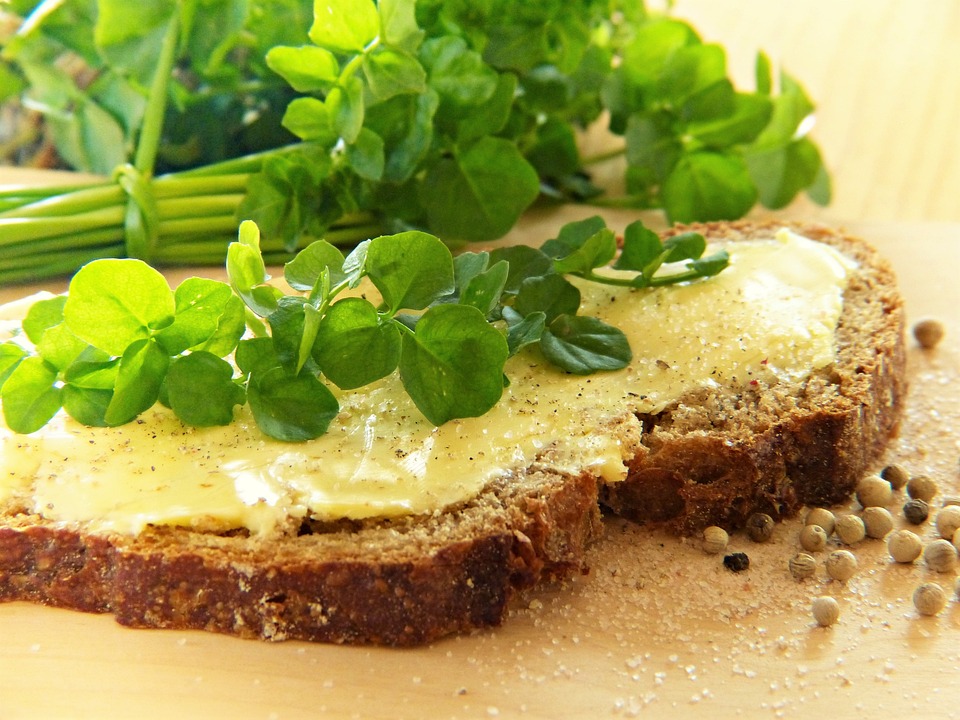Soy or not – what is healthy for me?
We haven’t heard of this weird food called soy for years. Americans ate beef, potatoes, rice, familiar vegetables like spinach, cabbage, and broccoli, familiar fruits like oranges and apples, and desserts made with lots and lots of sugar and heavy cream. We enjoyed our meals and managed to be a non-obese nation.
Our awareness of food—what is good for us and what isn’t—has changed radically. Too often I hear people apologize for eating a delicious piece of sugary candy. Fewer people are able to eat meat unconsciously because there are so many videos on the web featuring adorable and cuddly animals. Many of us feel guilty about eating these precious organisms. But not everyone is ready to become a full-fledged vegetarian.
Personally, I didn’t care much about the taste of soy or any type of soy product. But then I became aware of the well-known health benefits. After all, research has revealed, Asian women who live in Asian countries have a much lower incidence of breast cancer or other types of cancer. The researchers attributed this to the Asian diet, which included plenty of soybeans in addition to rice and vegetables and was low in meat sources of protein.
At first all I remember was this strange food called tofu served in Chinese restaurants. At the time, I remember only one Thai restaurant at the other end, all the way on the west side of Manhattan. And there were no Vietnamese restaurants. As I became more aware of the benefits of brown rice, I remember being one of the first people to order it at my local Chinese restaurant. Eventually, this restaurant and many others started providing brown rice for an extra dollar.
But tofu, and the selling business of tofu, hasn’t kept a special, hidden ingredient in local Asian restaurants. With America becoming more aware of health, the effects of food on health, and the benefits of healthy living, soybeans and all of their by-products have become big business.
For a while, some of us stopped drinking milk in favor of soy milk. He stopped eating peas and lima beans in favor of edamame and started using soybean oil to cook products containing soy protein. The only possible negative effect of soy, in my opinion, is the fact that it allegedly increases estrogen production. I remember wondering, but no one could give me a straight answer, “What if the woman took estrogen replacement and also ate a lot of soy?”
It turns out that soy actually has many negative effects, and certainly not all of them are good for our health.
- Chemically processed soy products, such as soy milk, soy protein, and soybean oil, are the least desirable. One cup of soy milk may alter estrogen levels and hormonal function. Soy protein is often processed with the neurotoxin, hexane, and soybean oil processing is often combined with the same neurotoxin.
- Unprocessed and minimally processed soybeans, such as tofu, edamame, and soy sauce, are less toxic than the chemically-treated variety, but can still be somewhat harmful to the body. Tofu contains “antinutrients,” substances that prevent the absorption of certain essential minerals. Whole, unprocessed edamame, though often boiled while in the pod, may contain antinutrients and can be hard to digest, causing stomach problems and the familiar bloating. Some soy sauces combine soybeans with some grain, most often wheat while others contain acid-hydrolyzed soy protein rather than being fermented with its culture. A healthy option is gluten-free tamari or unpasteurized fermented soy sauce.
- Fermented soybeans, such as miso, tempeh, and natto, preserve the traditional health benefits of soy while avoiding dangerous side effects. Miso, which is often used in soups, is full of probiotics, the good bacteria that aid digestion. Tempeh, which is often used to mimic chicken and meat in vegetarian recipes, is rich in B vitamins and omega-3 fatty acids. Natto, the traditional Japanese breakfast food, has a sticky texture and pungent aroma but contains vitamin K and a good amount of probiotics.
The key to maintaining a healthy diet is knowing as much as you can about all the food you eat, especially the food you eat regularly, even every day. You want the benefits of a soy product that is rich in natural probiotics and vitamins but doesn’t cause digestive issues, bloating, or anything that interferes with vitamin absorption.
Should you substitute chicken, meat, fish, and eggs for tofu to keep your body strong and healthy? The answer is most likely “yes and no”. Yes, if you balance your diet and make sure you get enough vitamins, minerals and healthy oils. No, if you are depriving your body of essential vitamins, minerals and probiotics. Soybeans are a great addition to the Western diet if we learn what we need to know about them and use them wisely.
